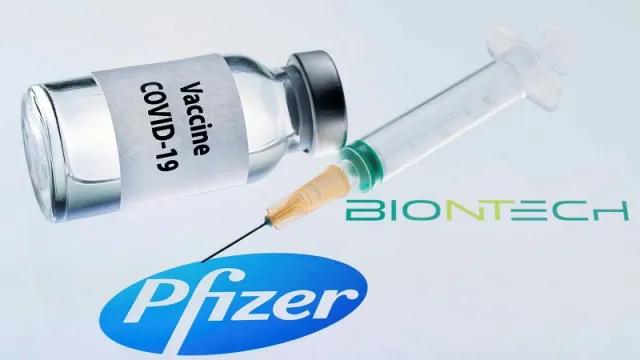EU regulator approves Covid vaccine shots for 5-year-olds

EU regulator approves Covid vaccine shots for 5-year-olds
The European Union drugs regulator has approved the use of Pfizer-BioNTech’s Covid-19 vaccine for children between the ages of five and 11.
The European Medicines Agency (EMA) recommended that Pfizer-BioNTech’s vaccine, approved for EU use in teenagers between 12 and 17 years old since May, be given as an injection in the upper arm in two 10 micrograms doses, three weeks apart.
The approval comes as Europe is again the epicenter of the pandemic, accounting for about half of cases and deaths.
Inoculating children and young people, who can unwittingly transmit Covid-19 to others, is considered a critical step towards taming the pandemic.
Statistics show that in Germany and the Netherlands, children now account for the majority of cases.
Pfizer and BioNTech have said their vaccine, which is called Comirnaty, showed 90.7 percent efficacy against the coronavirus in a clinical trial of children aged 5 to 11.
“The benefits of Comirnaty in children aged 5 to 11 outweigh the risks, particularly in those with conditions that increase the risk of severe Covid-19,” the EMA said.
Read also: Malaria exposure could reduce Covid-19 severity — Study
While final approval is up to the European Commission, it typically follows EMA recommendations and an EU source told Reuters that a decision would likely come on Friday.
“Today’s recommendation … is clear the BioNTech-Pfizer vaccine is safe and effective for young children and can offer them additional protection,” EU health commissioner Stella Kyriakides said on Twitter.
Countries will not be able to start rolling out the shots among younger children until next month.
The first of the low-dose pediatric version will be delivered on December 20, a spokeswoman for BioNTech said.
The EU joins a growing number of countries including the US, Canada, Israel, China, and Saudi Arabia which have cleared vaccines for children in the 5-11 age group and younger.
For pediatric shots, the US regulator authorized a new version of the vaccine, which uses a new buffer and allows it to be stored in refrigerators for up to 10 weeks.
Meanwhile, Kenya is set to inoculate its teenagers aged between 12 to 18 years, after the Pharmacy and Poisons Board gave emergency use authorization for administration of Pfizer vaccines.



